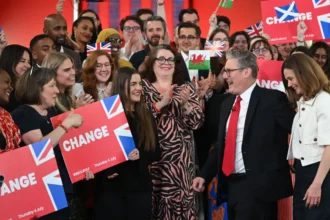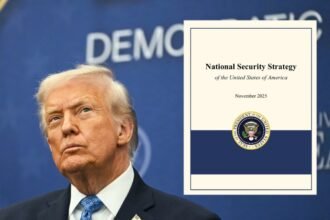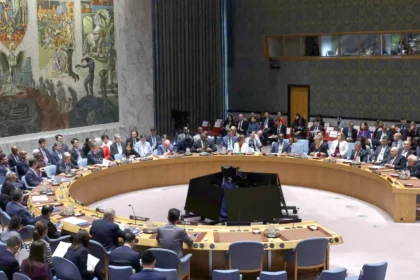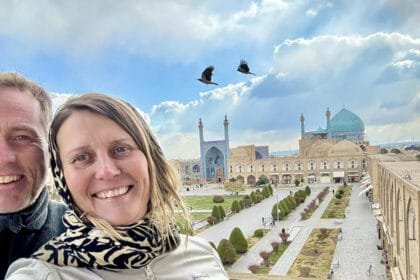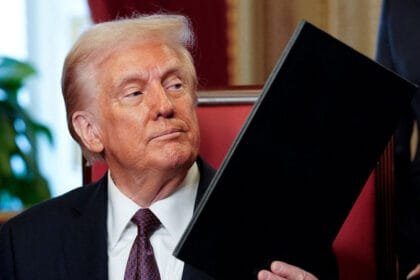Cairo, Egypt – In the latest developments regarding the Ethiopian Renaissance Dam issue, Major General Mohamed Abdel Wahed, the Egyptian security and strategic expert, refused
Abdel Wahid said, in a post on his official Facebook page, that Ethiopia interprets international law in a way that serves its own interests. As a result, this turns the Nile River – which is a lifeline for millions of people – into a ‘tool of conflict’.
He added that any international agreement signed by Ethiopia, even if it is at the United Nations, is not guaranteed to be implemented. This is due to the absence of an effective international mechanism to enforce laws concerning transboundary rivers.
The Ethiopian government had issued an official statement in response to President Sisi’s remarks. In it, the government asserted its right to utilize the Nile’s waters as the country from which the river originates.
Based on what he described as the ‘principle of permanent sovereignty over natural resources.’
Addis Ababa emphasized that the Renaissance Dam is a peaceful development project. It aims at generating electricity and providing energy to more than 65 million Ethiopians deprived of electricity.
Denying any intention to harm the interests of Egypt or Sudan.
Rejection of ‘colonial’ agreements and Egyptian accusations
The Ethiopian government categorically rejected the agreements inherited from the colonial era.
She described it as legally non-binding, explaining that Ethiopia was not a party to it.
Ethiopia also denied Egypt’s accusations of managing the dam project unilaterally. They affirmed that it provided periodic technical data to Egypt and Sudan through the African Union and diplomatic channels.
The Egyptian side is accused of ignoring these efforts and obstructing the negotiations ‘under political pretexts’.
A call for new negotiations… and a rejection of internationalization
Ethiopia has called for the resumption of negotiations with Egypt and Sudan without any preconditions.
Affirming its readiness for serious and constructive dialogue within the framework of fair and reasonable use of the river’s water.
At the same time, it renewed its rejection of internationalizing the issue, emphasizing its commitment to African mediation.
She expressed confidence in the African Union’s ability to facilitate dialogue between the parties. They consider the Nile as ‘a shared resource for cooperation, not a threat.’
Context of ongoing tension
This verbal escalation comes amid a long stalemate in the Renaissance Dam negotiations, after years of trilateral talks between Egypt, Ethiopia, and Sudan.
Which has repeatedly stumbled due to disagreements over filling and operating rules. Moreover, the absence of a binding mechanism to resolve disputes.
Egypt consistently emphasizes the importance of reaching a legally binding agreement that ensures the rights of the three countries.
It is forbidden to harm Egypt’s historic share of the Nile waters, on which it depends for more than 95% to meet its water needs.









